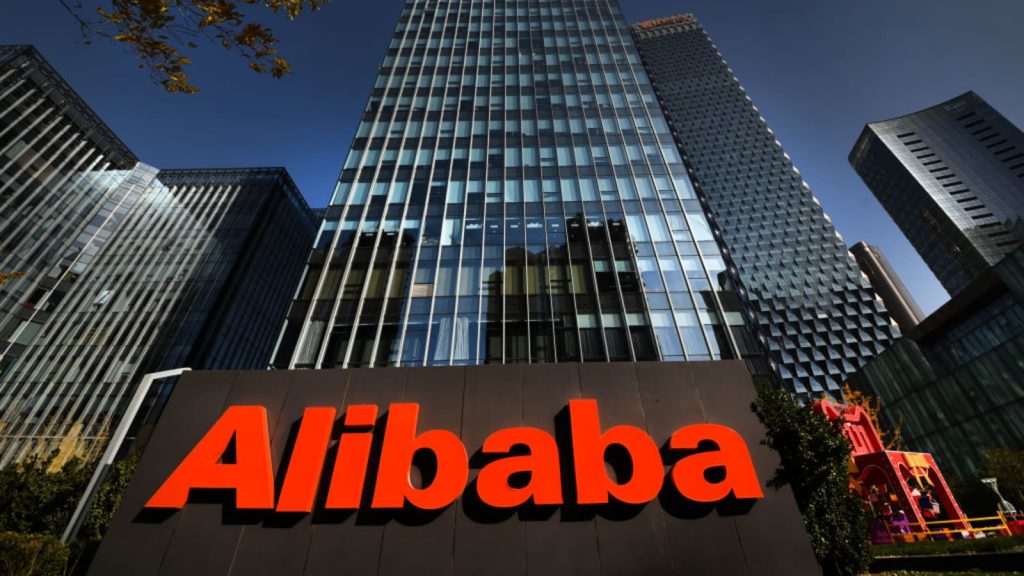
Chinese regulators hit Alibaba with a 18.23 billion yuan ($2.8 billion) fine in its anti-monopoly investigation of the tech giant, saying it abused its market dominance.
Regulators opened a probe into the company’s monopolistic practices in December. The investigation’s main focus was a practice that forces merchants to choose one of two platforms, rather than being able to work with both.
In a Saturday statement, China’s State Administration for Market Regulation (SAMR) said this policy stifles competition in China’s online retail market and “infringes on the businesses of merchants on the platforms and the legitimate rights and interests of consumers,” according to a CNBC translation of a Chinese-language statement.
The government said that “choose one” policy and others allowed Alibaba to bolster its position in the market and gain unfair competitive advantages.
In addition to the fine, which amounts to about 4% of the company’s 2019 revenue, regulators said Alibaba will have to file self-examination and compliance reports to the SAMR for three years.
The company said in a statement it accepted the penalty and will comply with the SAMR’s determination. Alibaba said it fully cooperated with the investigation, conducted a self-assessment and already implemented improvements to its internal systems.
“Alibaba would not have achieved our growth without sound government regulation and service, and the critical oversight, tolerance and support from all of our constituencies have been crucial to our development,” the company said.
The company added it will hold a conference call on Monday at 8 a.m. Hong Kong time to discuss the fine.
The announcement is the latest development in China’s crackdown on its technology companies. Regulators have been increasingly concerned about the power of China’s tech giants, particularly those who operate in the financial sector.
Much of that heightened scrutiny has sharpened around the business empire of billionaire Jack Ma, who founded both Alibaba and Ant Group.
Ant’s highly anticipated initial public offering was abruptly suspended in November shortly after Chinese regulators published new draft rules on online micro-lending, a key part of the company’s business. The China Securities Regulatory Commission also summoned Ma and other Ant execs ahead of that announcement.
Ma appeared to come under fire for comments that were critical of China’s financial regulator, saying the country’s financial system was “the legacy of the Industrial Age.”
After the Ant IPO was suspended, Ma dropped out of the spotlight, fueling speculation over his whereabouts. In January, the eccentric billionaire briefly reappeared in a video as part of one of his charity foundation’s initiatives.
Ant has since committed to listing and said it would help employees monetize shares.
























